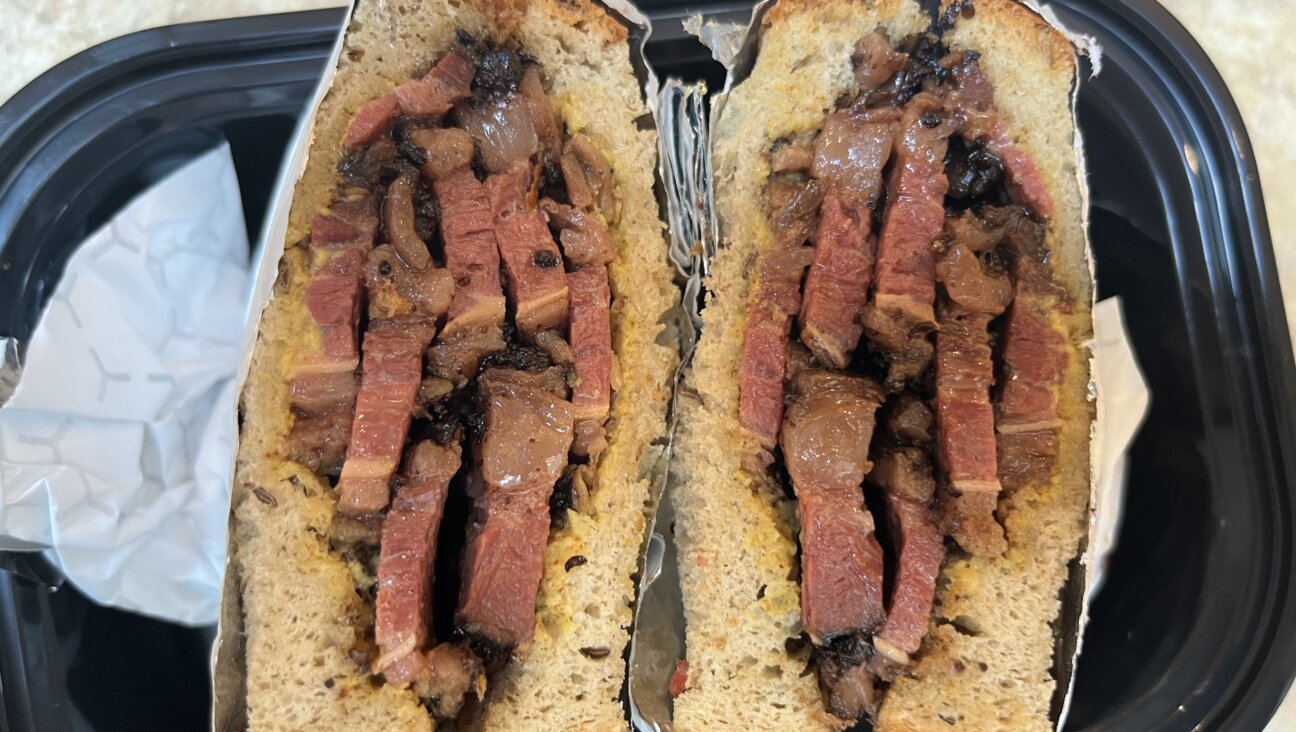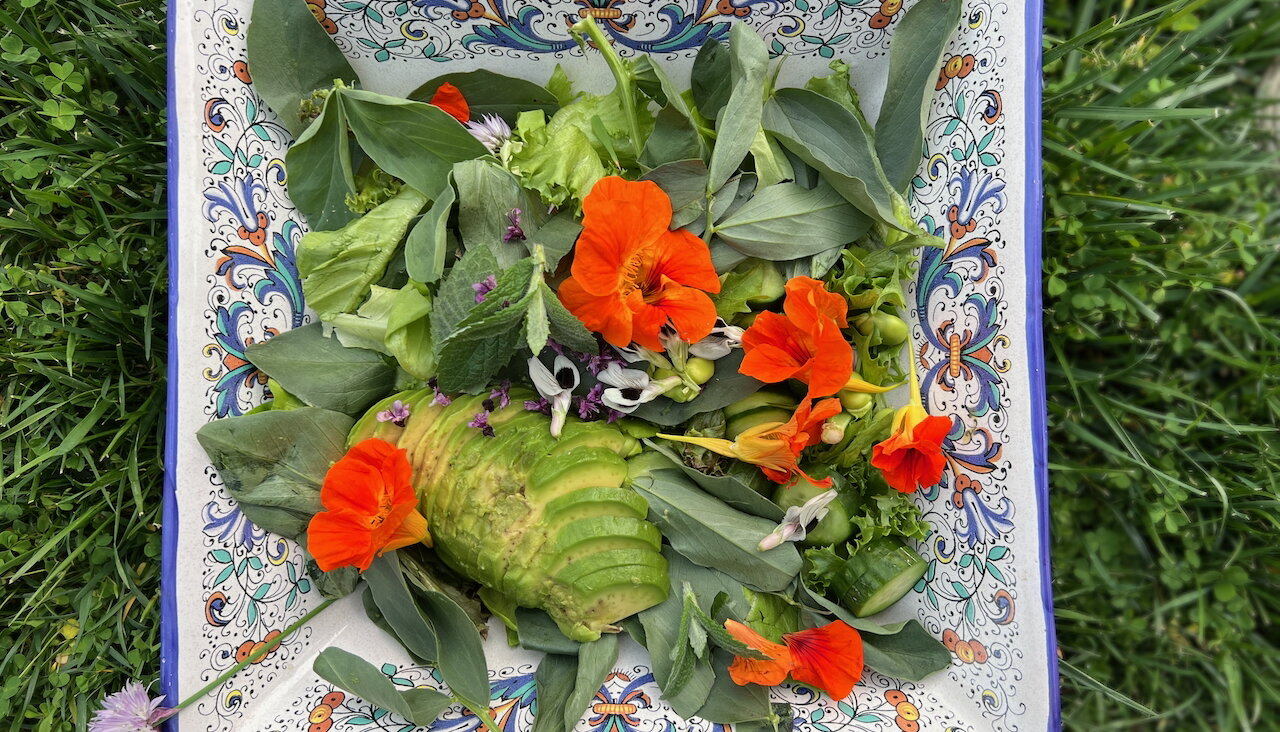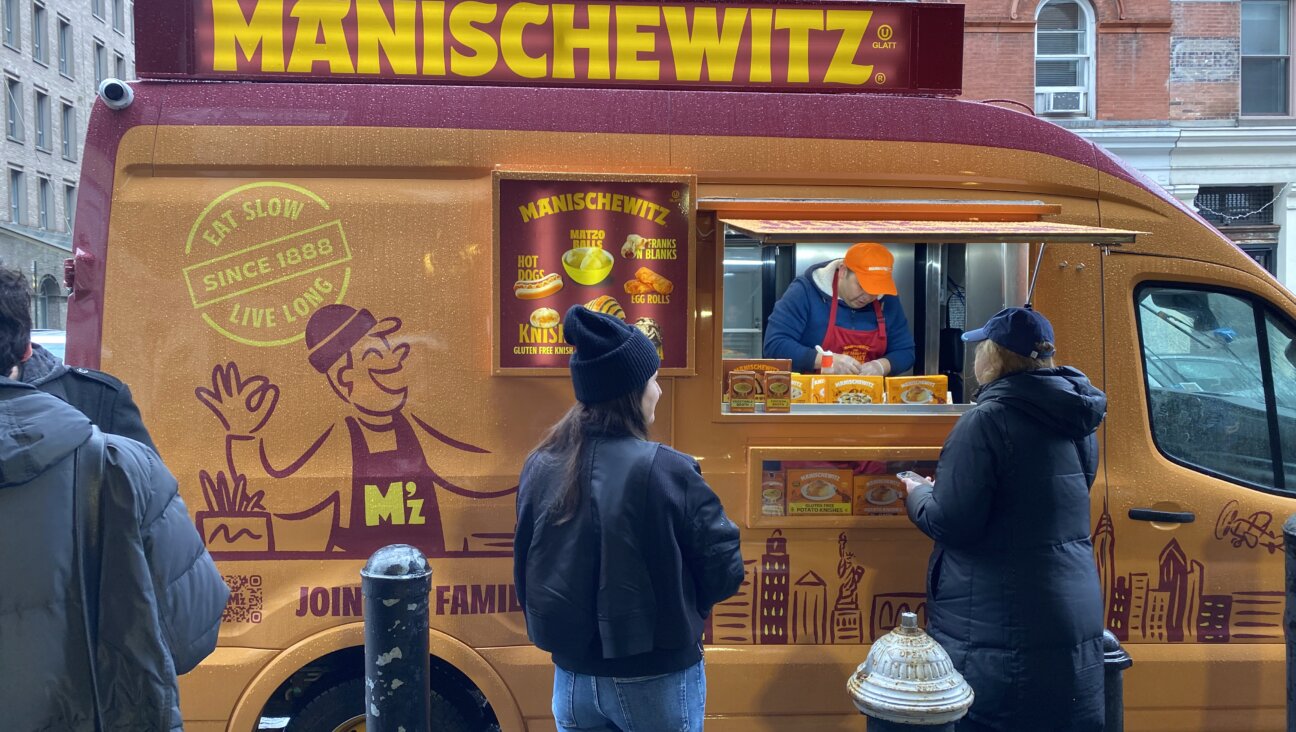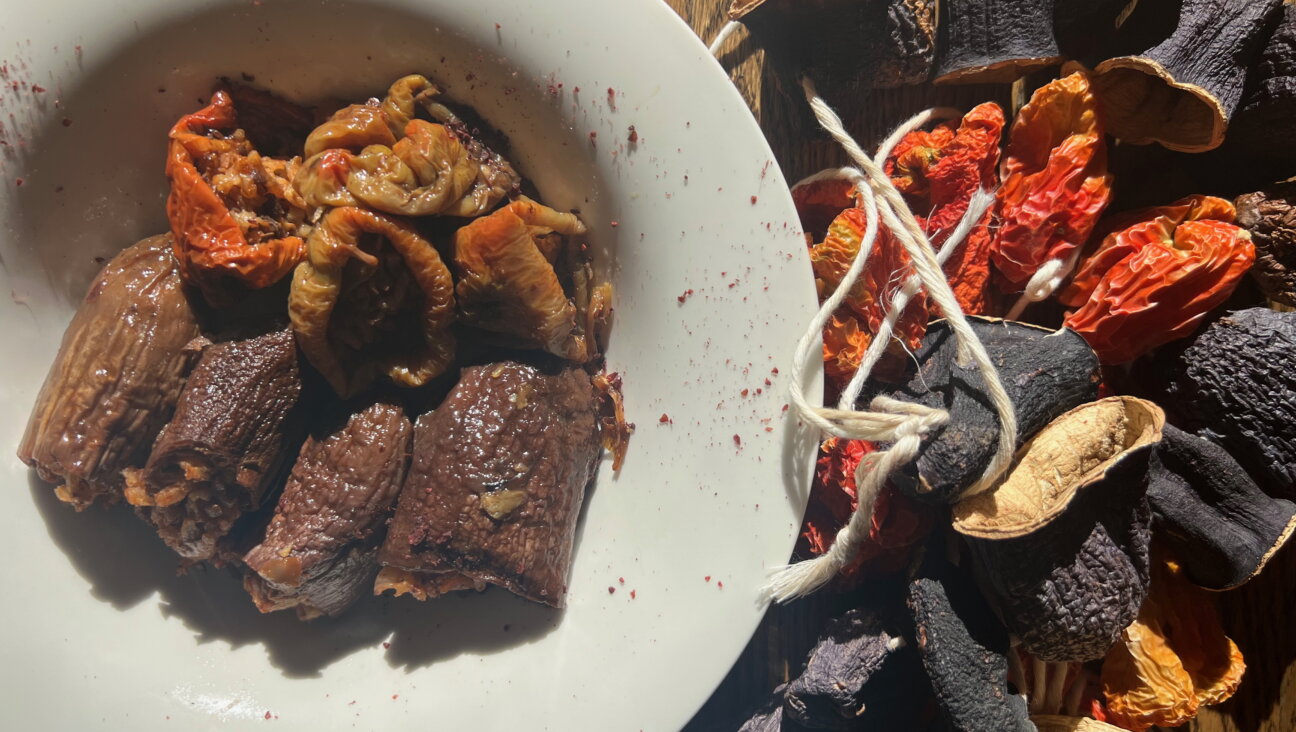How To Make Your Dishes Pop On Instagram: A Food Stylist’s Secrets

Image by iStock
Judy Haubert has been making food camera-ready since 2008, when she began assisting the head stylist at Saveur Magazine with his shoots. These days, she’s got her own roster of A-list clients, from the Meredith Corporation to The New York Times. “I love my job,” says Haubert. “It’s just food, you know? It’s not rocket science.”
There’s no advertising for the bevy of freelance food stylists in Haubert’s world. “It’s all word of mouth and working with people and hoping they want to work with you again and praying they remember you when they get a big contract,” says Haubert. Food styling differs from fashion styling, in that when it comes to food, everything is a little more transient and malleable. “You’ve got a piece of steak, and it photographs beautifully, and then you cut into it, and then you take a bite out of it to photograph and it’s gone. You can’t just reset and shoot again, because now you need another steak, and that one looks slightly different.”
In recent years Haubert has done a lot of what she calls advertorial, which are advertisements that look editorial. “It’s where everything looks homey and approachable and yet still tantalizing and just a little bit out of reach to the reader, but maybe it’s within reach if they just had the right appliance or the right product,” she says. Haubert’s photos are exactly that perfect blend of warm, comforting, and hunger-inducing, and now she wants to help you snap your own culinary masterpieces.
Judy Haubert’s tips for the perfect Insta #foodporn:
1. Have good-looking food
“Sometimes you’ll have really good tasting food that just doesn’t photograph well, and it comes out looking like brown stuff slathered on top of brown stuff, and you have to know when it doesn’t work,” says Haubert. Know when to quit playing with your camera and just start eating.
2. Get good light
“Photographers are really masters of light,” she says. It’s best to take your photo in daylight, but if you can’t, then get creative. Use a flashlight. Play with your exposure.
3. Use a nice background.
“I see some people taking their food photos with backgrounds that are really distracting,” says Haubert. “What you want is simple, not distracting, backgrounds. Let the food be the star.”
4. Get as close as possible to the food
The zoom is your friend, but not the camera zoom, which can bring down the quality of the photo. Zoom with your feet. If you want a closeup, move close to the food. “Don’t be afraid to get in there,” says Haubert. There’s a reason the close-up overhead shot of a bowl or a plate is so ubiquitous these days, and it’s because it works.
Shira Feder is a writer. She’s at [email protected] and @shirafeder
The Forward is free to read, but it isn’t free to produce

I hope you appreciated this article. Before you go, I’d like to ask you to please support the Forward.
Now more than ever, American Jews need independent news they can trust, with reporting driven by truth, not ideology. We serve you, not any ideological agenda.
At a time when other newsrooms are closing or cutting back, the Forward has removed its paywall and invested additional resources to report on the ground from Israel and around the U.S. on the impact of the war, rising antisemitism and polarized discourse.
This is a great time to support independent Jewish journalism you rely on. Make a gift today!
— Rachel Fishman Feddersen, Publisher and CEO
Support our mission to tell the Jewish story fully and fairly.
Most Popular
- 1

Fast Forward Ye debuts ‘Heil Hitler’ music video that includes a sample of a Hitler speech
- 2

Opinion It looks like Israel totally underestimated Trump
- 3

Culture Is Pope Leo Jewish? Ask his distant cousins — like me
- 4

Fast Forward Student suspended for ‘F— the Jews’ video defends himself on antisemitic podcast
In Case You Missed It
-

News In Edan Alexander’s hometown in New Jersey, months of fear and anguish give way to joy and relief
-

Fast Forward What’s next for suspended student who posted ‘F— the Jews’ video? An alt-right media tour
-

Opinion Despite Netanyahu, Edan Alexander is finally free
-

Opinion A judge just released another pro-Palestinian activist. Here’s why that’s good for the Jews
-
Shop the Forward Store
100% of profits support our journalism
Republish This Story
Please read before republishing
We’re happy to make this story available to republish for free, unless it originated with JTA, Haaretz or another publication (as indicated on the article) and as long as you follow our guidelines.
You must comply with the following:
- Credit the Forward
- Retain our pixel
- Preserve our canonical link in Google search
- Add a noindex tag in Google search
See our full guidelines for more information, and this guide for detail about canonical URLs.
To republish, copy the HTML by clicking on the yellow button to the right; it includes our tracking pixel, all paragraph styles and hyperlinks, the author byline and credit to the Forward. It does not include images; to avoid copyright violations, you must add them manually, following our guidelines. Please email us at [email protected], subject line “republish,” with any questions or to let us know what stories you’re picking up.















